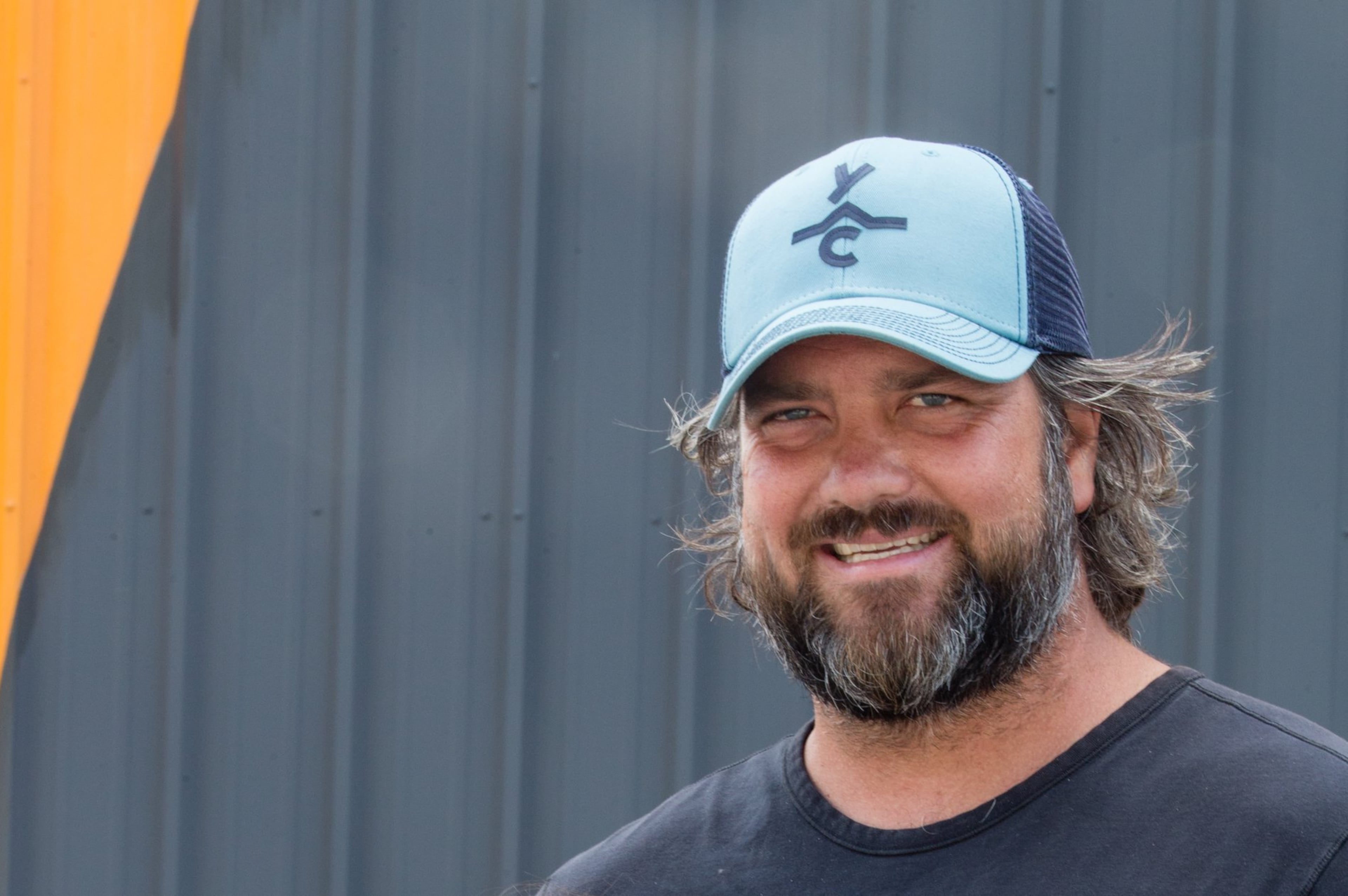A Selma march for the masses
Saturday was for the dignitaries.
Two presidents, two first ladies, two first daughters, leaders and foot soldiers in the civil rights movement made a slow walk across the Edmund Pettus Bridge, accompanied by an army of Secret Service officers and news media to record the moment for history.
Sunday was for the masses.
Waving banners, singing, chanting or just talking about the issues of the day, they marched. They were young and old, of all races, regulars and first-timers.
They commemorated the 50th anniversary of “Bloody Sunday,” when voting rights marchers crossed the bridge to face Alabama state troopers and posse men who unleashed a brutal broad-daylight assault that helped shock the nation into approving the Voting Rights Act of 1965.
Saturday was the anniversary date, but the traditional celebration date is on the closest Sunday — to hammer home how violence once disrupted the Lord’s day.
This Sunday’s scene was peaceful but far from orderly. The plan was to congregate at Brown Chapel A.M.E. Church, as the marchers did a half-century ago, to head for the bridge. A three-hour church service was packed with VIPs, including nearly half of President Barack Obama’s cabinet, with a dynamic keynote sermon from the Rev. Al Sharpton.
Citing state-based restrictions on voting and the U.S. Supreme Court’s 2013 decision to invalidate a portion of the Voting Rights Act, Sharpton was urgent.
“They died to give us the right to vote,” he said, naming Jimmie Lee Jackson, Viola Liuzzo and other movement martyrs.
“And we come back to Alabama to let you know, you aren’t going to take that right back.”
Outside the church stood nine supporters and staffers of U.S. Rep. Barry Loudermilk, a Cassville Republican. They had come to pay their respects and attempt to cross the bridge. Loudermilk himself did not make the trip.
Christiana Loudermilk, 24, the congressman’s daughter, said she wanted to be there “to come together and show there is common ground.”
“There are things said today that I don’t necessarily agree with 100 percent, but there are things we do agree on,” Loudermilk said.
“We believe in liberty,” she added. “We believe in freedom. And we just wanted to take part in honoring the legacy of Dr. Martin Luther King Jr. and, honestly, they were talking about today so many have given their lives for the freedom we have in this nation, and we’re very thankful for that. We want to be a part of preserving that.”
A few blocks away, four Spelman College students emerged from a different church, ready to head to the bridge.
They bore fresh memories from the streets of Atlanta in the “Black Lives Matter” protests that followed last year’s high profile killings of black men by police.
“It’s almost reliving a history that I wasn’t supposed to live, you know?” said Ayanna Spencer, 21. “It’s a really weird feeling.”
They all knew the story of Selma well from their studies, but were overcome by the experience of feeling it in person. They know what they want at home: Better wages for the working class, criminal justice reform, an end to domestic violence.
Talking with veterans of Selma, they said, provides valuable lessons in how to get there.
“You can put it out on social media and you can get all these people and you can get the attention and then you ask for whatever you want, but you don’t even know what to ask for,” said Jasmine Payne, 21.
“So I think the older generation knows what to ask for, what the specific demands are. So now with this intergenerational march, we’re learning from them.
“We have the energy. They have the knowledge and the wisdom. This is bridging those gaps and bringing it together.”
In some ways, the jubilee was like a carnival, with T-shirt hawkers and funnel cake vendors, concerts and film screenings.
But it was also a conference. Saturday evening in Brown Chapel, for example, lawyers from the NAACP legal defense fund held a seminar on their voting rights work.
Sunday morning, the famous church was closed off to anyone without a ticket. Hundreds clogged the street to watch the service on a jumbotron and photograph the big names arriving at the ceremony.
At the close, Selma Mayor George Evans told the crowd that the bridge crossing had begun without them, spontaneously. About 80,000 people had jammed this city – more than had showed up Saturday to see Obama speak.
In the end, there was no formal march re-enactment by movement leaders. A free-for-all seemed to suit the moment.


